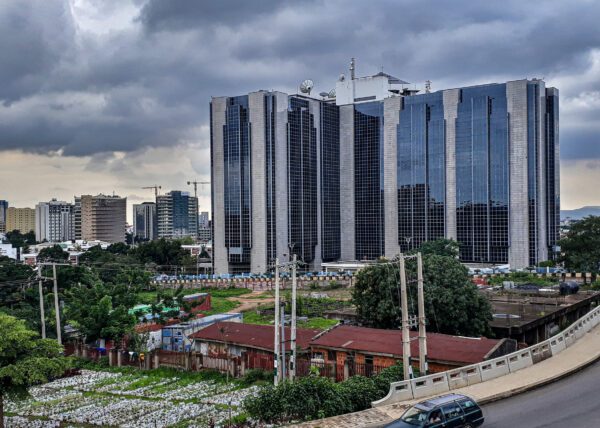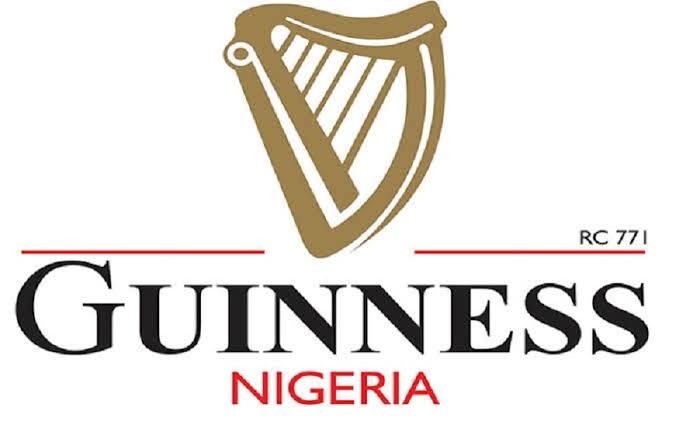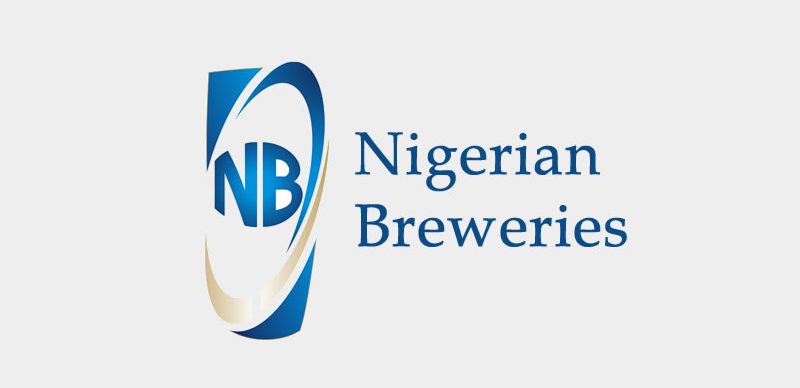Nume Ekeghe
A survey by the Central Bank of Nigeria (CBN) has revealed that high bank charges, multiple taxation, and poor infrastructure remain the leading challenges confronting businesses across the country. The findings, contained in the CBN’s Business Expectations Survey for September 2025, also showed that many firms expect inflation to remain elevated over the next six months despite recent improvements in economic indicators.
According to the report, 70.8 per cent of respondents identified excessive bank and financial charges, as well as multiple taxes and levies from various tiers of government, as key obstacles to business growth. Poor infrastructure followed closely, cited by 70.7 per cent of businesses as a major constraint limiting productivity and expansion.
The survey further revealed that 69.2 per cent of firms listed an unfavourable economic climate among their top challenges, while 64.8 per cent and 64.6 per cent highlighted insecurity and restricted access to credit, respectively, as factors affecting their operations. At the lower end, 40.4 per cent of businesses mentioned competition, and 37.8 per centidentified inadequate power supply indicating that financial and structural issues continue to pose greater risks than market pressures.
Despite these obstacles, business sentiment remained cautiously optimistic. The Business Confidence Index (BCI) for September stood at 31.5 points, reflecting a moderate level of confidence among firms. Respondents anticipate improvements in the coming months, projecting the index to rise to 42.2 points in October and 51.8 points over the next six months.
The CBN attributed this optimism to expectations of higher company turnover, stronger business activity, and improved economic conditions—especially within the services and wholesale/retail trade sectors. Respondents also expressed hopes for better access to credit and increased investment opportunities as market stability improves.
However, the report noted significant regional differences. Businesses in the North-Eastregion recorded the highest confidence level at 48.7 points, while those in the South-Eastwere the least optimistic at 7.3 points, reflecting uneven business conditions across the country.
Firms across sectors including manufacturing, construction, agriculture, and trade shared a generally positive outlook, though many expressed concern over the uncertain policy environment and continued volatility in the foreign exchange market.






